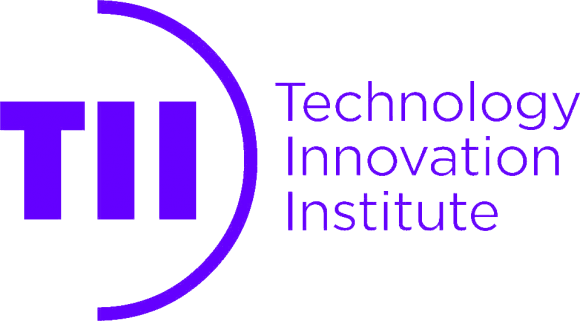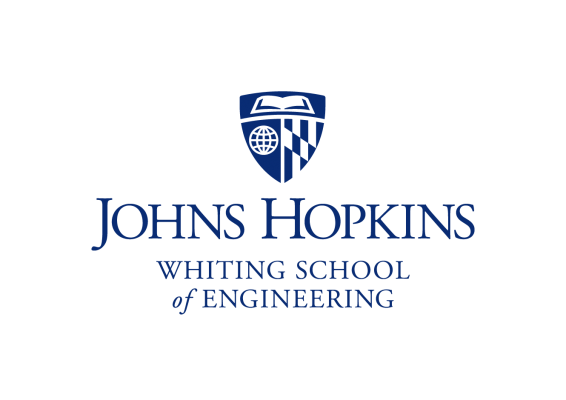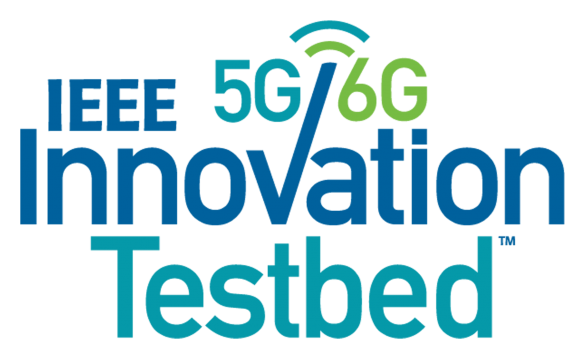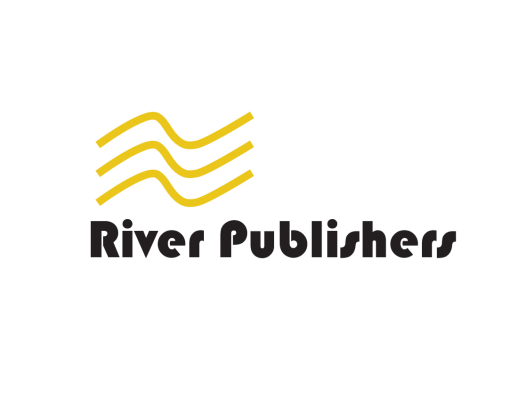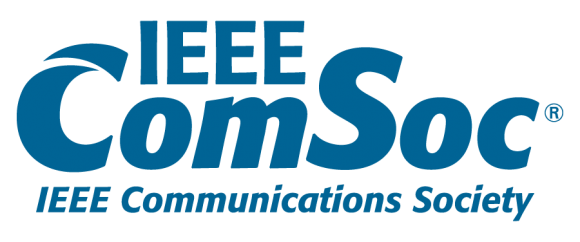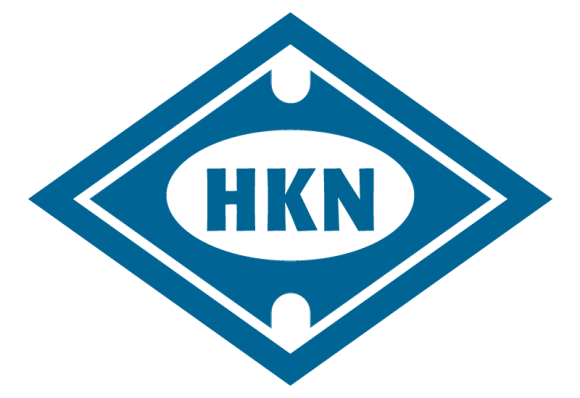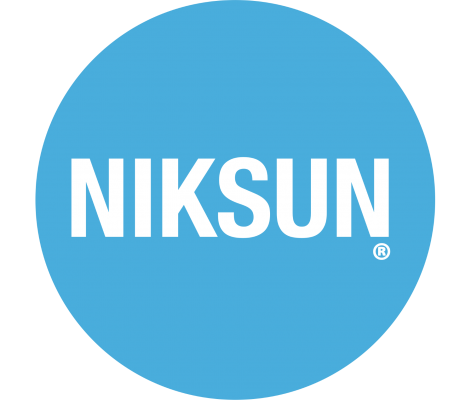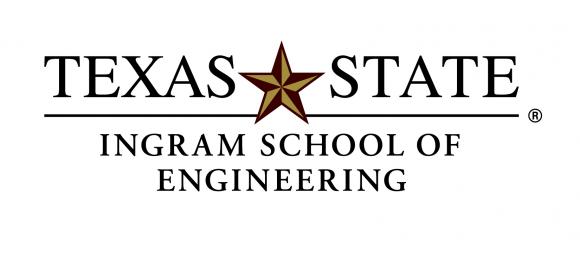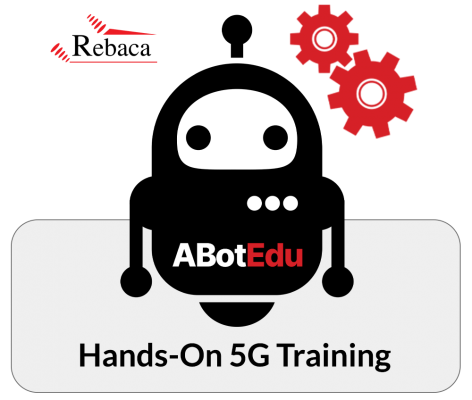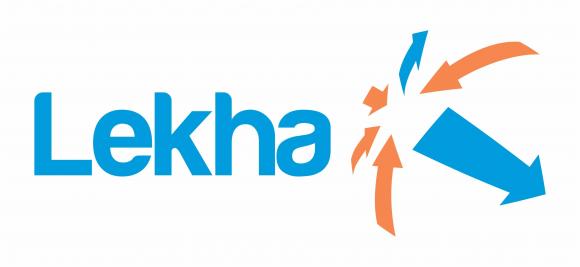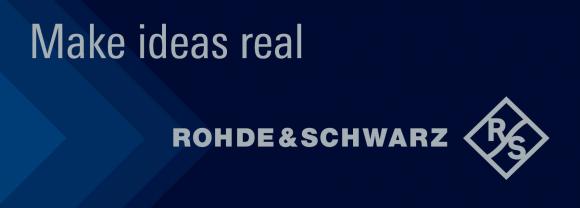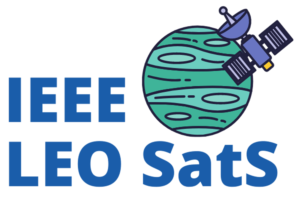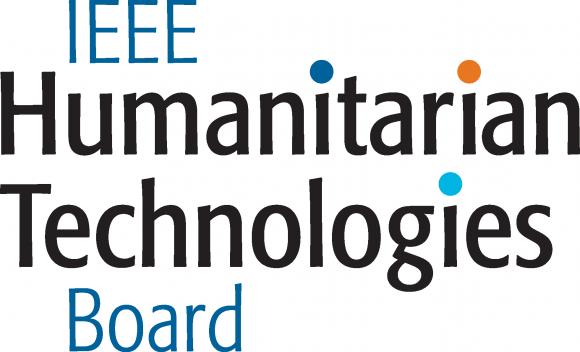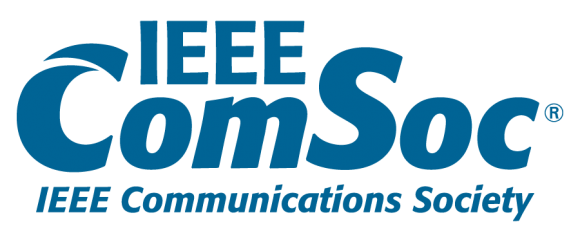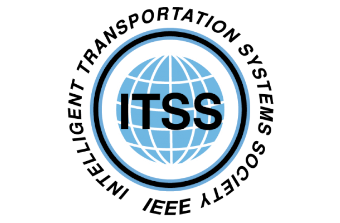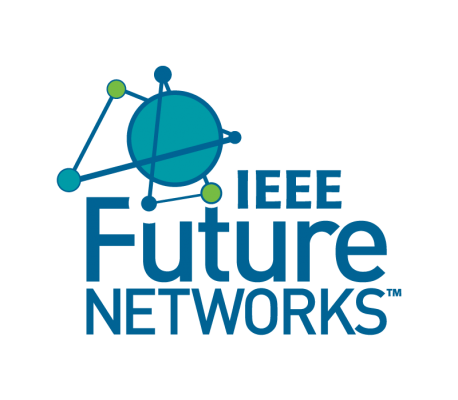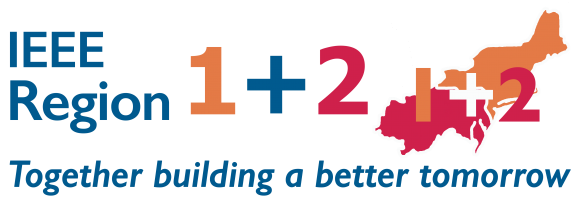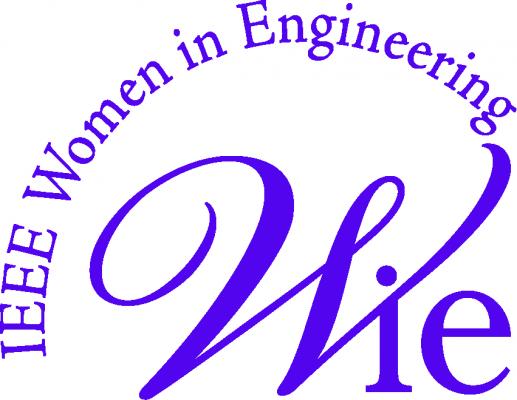Download the Call for Technical Track Papers Flyer
On-demand recordings or virtual presentations for authors who are not able to travel, are being decided on a case-by-case basis.
Technical Tracks
Original, innovative, and high-quality papers are solicited on the following technical topics of interest but are not limited to:
- Track 1: Technologies for 5G and Future Networks [submit]
- Track 2: 5G and Future Network Applications and Services [submit]
- Track 3: 5G and Future Network Trials, Experimental Results, Deployment Scenarios, Hardware and Test/Measurements [submit]
- Track 4: 5G and Future Network Special Verticals [submit]
- Track 5: 5G and Future Network Special Topicals [submit]
Paper submission guidelines are here.
IMPORTANT DATES
Technical Track Paper Submission: 21 July 2023 8 September 2023 02 October 2023 (FINAL)
Paper Acceptance Notification: 1 September 2023 Rolling
Camera-Ready Submission: 10 15 October 2023
Track 1: Technologies for 5G and Future Networks
o 5G and Beyond Wireless Technologies
o 6G Technologies
o Flexible and Programmable RAN
o Cloud-RAN, Functional Split
o 5G and Beyond Ultra Large Cell Technologies
o 5G and Beyond Small Cell Technologies
o Network Slicing
o Multi-service Architectures
o Cloud-based 5G and Beyond Mobile Architectures
o 5G and Beyond Network Function Virtualization (NFV)
o Software Defined Networking (SDN) for 5G and beyond
o Spectrum Utilization and Sharing
o Massive MIMO Communications
o Dynamic Beamforming Techniques
o Free Space Optical
o Multicast/Broadcast in 5G and Beyond
o Convergence of RAN and Core Network
o Novel Mobility Management
o Mobile Edge Computing (MEC)
o Multi-Connectivity/RAT
o Resource (network, relay, cloud-computing, etc.) Management Techniques in 5G and Beyond
o Device-to-Device Communications and Networking
o Cognitive Spectrum Access
o X-haul Transport Network
o Self-backhaul/Integrated Access Networks
o Energy-efficient Network Design and Protocols for 5G and Beyond
o QoE/QoS Management over 5G and Beyond
o Dynamic QoS Framework as an Enabler for Disruptive Use Cases and Services
o Network and Protocol Interoperability in 5G and beyond Wireless Networks
o Heterogeneous Cells and Communications
o Millimeter-wave Communications
o Coordinated and Small-scale Cell Communications
o Machine Learning and Adaptive Techniques for 5G and beyond
o Ultra-reliability and Low-latency in 5G and Beyond
o 5G and Beyond and AI
o LEO and Satellite Technologies
Track 2: 5G and Future Network Applications and Services
o Smart Cities, Smart Public Places
o Smart Home, and 5G and beyond -based Building Automation
o Smart Agriculture and Water Managemen
o Cyber-physical systems, Context Awareness, Situation Awareness, Ambient Intelligence
o Collaborative Applications and Systems
o Service Experiences and Analysis
o Cloud Services with 5G & Future Networks
o Next Generation Consumer Electronics with 5G & Future Networks
o Consumer Electronics, Assisted Living, Rural Services and Production
o 5G and beyond Wireless Networks for Body Sensors
o Crowd-sensing, Human-centric Sensing
o Big data and 5G and beyond Data Analytics
o Internet Applications Naming and Identifiers
o Social-aware 5G and beyond Networks
o Industry of the Future, e.g., Industry 4.0
o Semantic Technologies, Collective Intelligence
o Cognitive and Reasoning about Things and Smart Objects
o Mobile Cloud Computing (MCC) and 5G and Beyond
o Horizontal Application Development for 5G and Beyond
o Design Principles and Best Practices for 5G and Beyond Application Development
o Open Communities, Open API, and Open Source
o Testbeds/Federated Testbed
o Testbed-as-a-Service for Future Networks
Vertical Oriented Applications
o Healthcare, e-Health, and Assisted Living
o Building Management and Operation Automation
o Environmental Monitoring
o Connected Car, Automotive
Intelligent Transport
o Aerospace and Defense
o Smart Grid, Energy Management
o Utilities Management and Operation
o Consumer Electronics, Assisted Living, and Rural Services
o Mining, Oil & Gas, Digital Oilfield, and Electronic Oilfield
o Agriculture, Industrial IoT, Manufacturing, Hospitality, Retailing
o Additive Manufacturing
o Logistics, Entertainment
o Large Event Management
o Industrial Service Creation and Management
o Financial Services
o Health of Machinery
o Highway, Rail Systems
o Industry of the Future, e.g., Industry 4.0
o Media & Entertainment
o Digital Twins of Complex systems with 5G & Future Networks
Track 3: 5G and Future Network Trials, Experimental Results, Deployment Scenarios, Hardware and Tests/Measurements
5G Experimental Scenarios
o Closing the Gap between Research and Implementation
o Experimental prototypes, Test-Bed and Field Trial Experiences
o Multi-Objective 5G System Modelling and Analysis—Performance, Energy, Reliability, Robustness
o 5G Interconnections Analysis—QoS, Scalability, Performance, Interference
o Real Case Deployment Scenarios and Results
o 5G Deployment at Government and ISPs
o 5G Deployment on Agriculture, retails, smart cities, etc
o 5G Interconnections Among ISPs Analysis—QoS, Scalability, Performance, Interference Management
o Gap Analysis for Real Deployments
o 5G and Future Internet Architectures
o Standardization and Regulation
Future Networks Experimental Scenarios
o Infrastrructureless Communication
o AI driven encoding & Decoding
o Future Network Simulators
5G and Future Network Hardware and Test/Measurements
o Massive MIMO, MU-MIMO, Multi-RAT System Architectures
o Reconfigurable and Switching Wireless Network Topologies
o RF Beamforming, Digital Beamforming and Hybrid Beamforming Architectures
o Beam Steering and Phased Arrays
o Antenna System Architectures
o 5G and beyond Radio Designs
o RFIC and CMOS Technologies and Architectures for 5G and beyond
o RF, PA, PLL, Source, Phase shifting, ADC/DAC/Modem Blocks Full-Duplex and STAR Architectures and Evaluation Methods
o RF Blockers and Interference Cancelers
o Test and Measurement over Entire 5G and beyond Ecosystem.
o Multi-standard Coverage and Measurement Approaches
o Antennas and Massive MIMO OTA Tests
o Array Timing and Synchronization
o Channel Measurements and Modeling
o Radio Measurements at Microwave and Millimeter-wave Bands
o Signal Characterization
o 5G and Beyond Device/Component Level Testing;
o mmWave Material, Transistor and Nonlinear Device Measurements
o Terahertz for Future Networks (6G)
Track 4: 5G and Future Network Special Verticals
o Tactile Internet
o Smart Factories and Industry 4.0
o Automotive, Intelligent Transport
o 5G and Beyond & Autonomous Driving
o Industrial 5G and beyond Service Creation and Management Aspects
o Smart Grid, Energy Management
o 5G-based Supply Chains & Logistics
o 5G and Beyond Wireless Networks for the Industrial Internet of Things
o E-Health and Mobile Health over 5G and Beyond Networks
Track 5: 5G and Future Network Special Topicals
Policy & Regulation
o Policy and Regulations
o 5G and beyond Spectrum
o Best Practices, Standards, and Open Source
o Technical Enforcement of Legal 5G Regulations, Service Level Agreements, Mutual Legal Assistance Requests, etc.
o Privacy and Security in 5G and beyond Internet of Things: Data Sharing, Threats, Liability, Audit and Compliance Concerns for Cloud-supported 5G and beyond, Fog and Edge computing
5G Standardization
o ITU-T IMT2020 Spectrum Standardization
o IEEE 5G and Future Network Standardization
o 3GPP 5G and Future Network Standardization
o ITU-T 5G and Future Network Standardization
o ETSI 5G and Future Network Standardization
Author and Paper Submission Guidelines
Full papers describing original research, written in English. The suggested size is four to six (4-6) pages. Papers up to eight (8) printed pages (10-point font), including figures, and tables will be accepted while incurring additional page charges.
IMPORTANT IEEE POLICY ANNOUNCEMENT: The IEEE reserves the right to exclude a paper from distribution after the conference (including its removal from IEEE Explore) if the paper is not presented at the conference.
Papers are reviewed on the basis that they do not contain plagiarized material and have not been submitted to any other conference at the same time (double submission). These matters are taken very seriously and the IEEE Communications society will take action against any author who engages in either practice. Follow these links to learn more:
PLEASE NOTE: To be published in the IEEE Future Networks World Forum 2023 Conference Proceedings and to be eligible for publication in IEEE Xplore®, an author of an accepted paper is required to register for the conference, and the paper must be presented by an author of that paper at the conference unless the TPC Chair grants permission for a substitute presenter arranged in advance and who is qualified both to present and answer questions. Non-refundable registration fees must be paid prior to uploading the final IEEE formatted, publication-ready version of the paper. Accepted and presented papers will be published in the IEEE Future Networks World Forum 2023 Conference Proceedings and submitted to IEEE Xplore®.
During the initial paper submission process via EDAS, it is the author's responsibility to ensure that the author list and the paper title of the submitted pdf file are an exact match to the author list and paper title on the EDAS registration page. In particular, the EDAS registration page must include all co-authors, not just the submitting author. Failure to comply with this rule might result in your paper being withdrawn from the review process. Please be aware that the author list of an accepted paper can NOT be changed in the final manuscript. Only PDF files will be accepted for review, and all submissions must be made through EDAS.
You may also use one of the following templates for Microsoft Word: A4, US letter.
If you have any questions regarding the submission of manuscripts, please contact Technical Program chairs/co-chairs.
TPC CHAIR/CO-CHAIRS
Ekram Hossain, University of Manitoba, Canada
Mithun Mukherjee, Nanjing Univ. Info. Sci. & Tech., China
Essaid Sabir, ENSEM, Canada
Ping Wang, York University, Canada
Shui Yu, University of Technology Sydney, Australia



